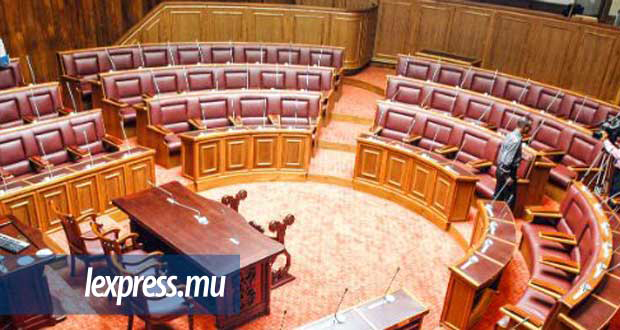Although the idea of turning Mauritius into a republic was germinating within the Labour Party led by Sir Seewoosagur Ramgoolam before it lost power in 1982, by the late 70s, it had fallen out of favour within the grand old party. “After the 1977 coup in Seychelles, the Labour Party started moving away from the idea with Sir Seewoosagur Ramgoolam feeling it was safer to retain a governor general,” Jocelyn Chan Low, former head of the history and political science faculty at the University of Mauritius, tells l’express. The reason, according to historian Sateeanund Peerthum, “was that Seewoosagur Ramgoolam thought that moving towards a republic with its own republic would increase the risk of a Mauritian coup d’état as well”. It was not until the Labour Party lost power in 1982 and Sir Anerood Jugnauth’s MSM came to power in the 1983 election – after a traumatic split within the MMM – that the idea of turning Mauritius into a republic once again became centre stage.
Towards the end of 1983, Anerood Jugnauth as prime minister introduced a bill in parliament to turn Mauritius into a republic. The problem was that Jugnauth’s MSM government lacked the three-fourths supermajority in parliament needed to make such a drastic constitutional change. This meant that the government would need the opposition to back the bill as well. Here was the other problem: no one else seemed to be backing the move: Sir Seewoosagur Ramgoolam – out of power – opposed the move making support from the Labour Party unlikely. But so did the MMM, for different reasons. “The MMM felt that the Mauritian system gave too much power to the prime minister, so what Paul Bérenger and the MMM wanted was to balance the system more by giving some prime ministerial powers to a president,” explains Peerthum.
Jugnauth had the opposite view: “Anerood Jugnauth did not want to dilute the position of prime minister or its power,” says Chan Low. What Jugnauth proposed in the bill was more or less a simple rebranding of the governor-general as the new president of a Mauritian republic. In parliament, the MMM proposed 12 tweaks to the bill, which the MSM could not agree with. With no agreement in sight, the MMM proposed that the third reading of the bill be delayed to allow for more discussions. But the gulf between the two parties on what the presidency in the proposed form should look like was too wide. In the end, when it came up for a vote, the MMM abstained from voting, and without the supermajority needed to push the bill through, this first attempt at making Mauritius a republic floundered. “At the time, the matter went no further than that,” recalls Chan Low.


